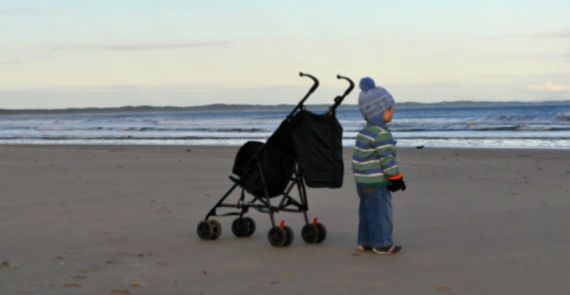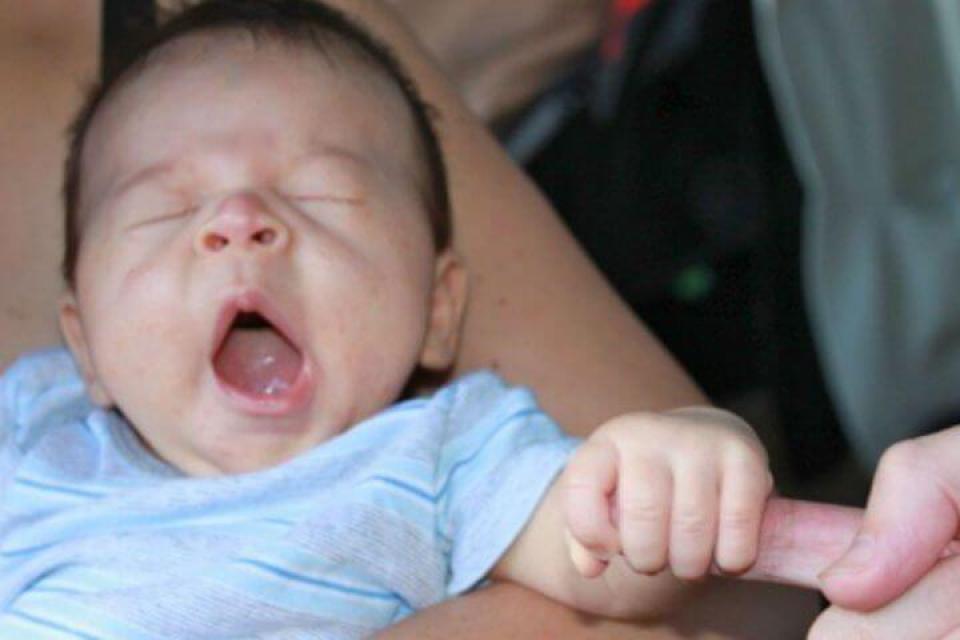Perhaps one of the worst things about doing long-haul travel with kids is the inevitable crankiness that comes when everyone is trying to adjust to a new time zone. And while the effects can be mitigated on holidays by the fun time you are having, too often jet lag hits hardest when you get back home and everyone is trying to get back to work or school. Here are the suitcases&strollers family travel tips for dealing with jet lag in kids written by Aimee Chan, founder of this unique online family travel website.

Try to move into your new time zone as soon as possible. If you arrive in the morning, try to stay awake or keep naps short and sweet. Even if it means everyone is going to bed at 5pm the first night, you can slowly shift this to 6pm the next day and so forth until you an on the time zone.
Keep a routine. You don’t have to be super strict, but try to wake everyone up around the same time each morning. That will help your bodies adjust and reset.
Keep kids naps short – or no longer than they normally are at home. If they don’t oversleep during the day, they will be more likely to sleep better at night.
Feed everyone well so no one is waking up at midnight hungry. Full tummies can induce sleepiness, so if the kids do wake up at 3am from jet lag, a light snack (with teeth brushed afterwards) can help.
Keep rooms dark and stimulation to a minimum before bedtime to encourage sleepiness.
When very young kids (under three) are awake in the middle of the night, watch for tired signs. Look for rubbing of eyes, yawning and quiet moments to try to send babies and toddlers off to bed immediately before you miss the window and move into overtiredness.
Budget the jet lag into your holiday planning. If you’re flying to the other side of the world, don’t plan a city walking tour on the day you arrive. Ease into the holiday with some quieter activites close to the hotel so you can have downtime. And don’t plan early morning activities to start with in case the whole family is wide awake half the night.
Be realistic. Jet lag typically lasts about 3 to 5 days in small kids. At worst they should be fully recovered in a week. The first three days are usually the worst and then the body will begin to cover it’s natural circadian rhythm. Be realistic and practical about what sort of behaviour you can expect out of your kids when they are so tired. And be forgiving of yourself for feeling less tolerant than normal – after all, you are overtired too!
For more family travel tips visit suitcases & strollers
Brought To You By Expat Choice










